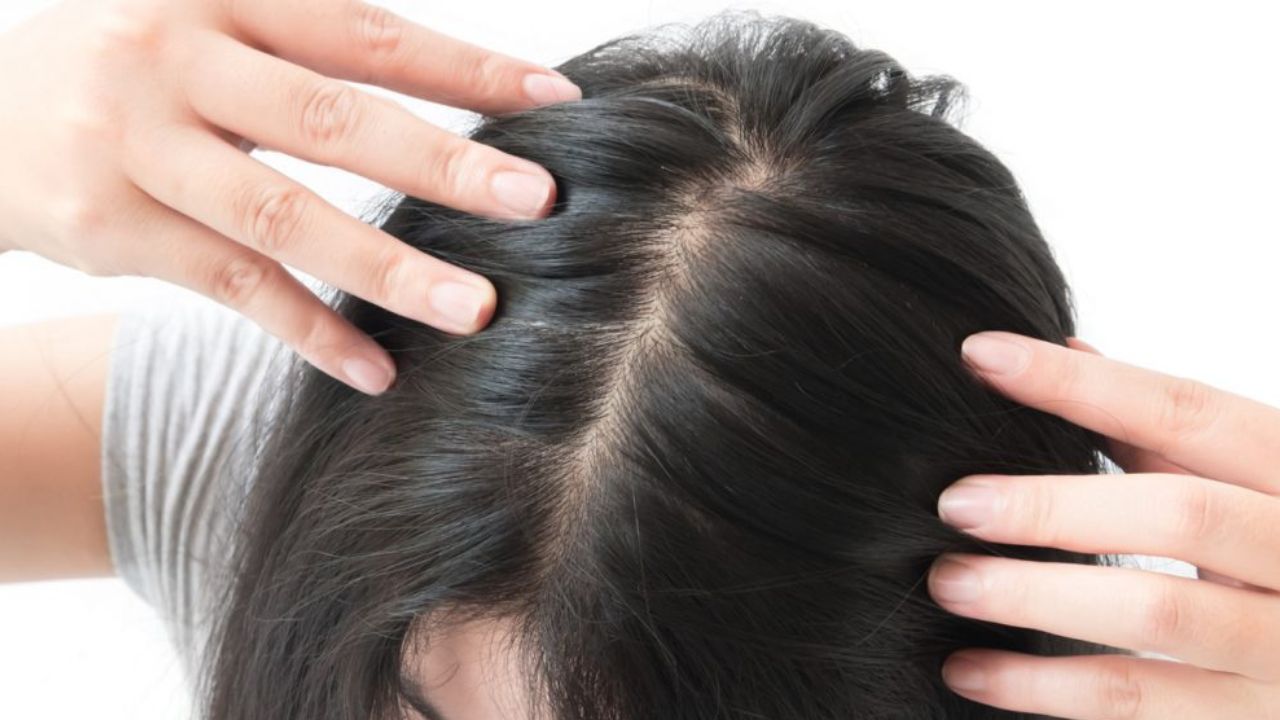Do you dislike having bothersome lumps and itch on your scalp? Scalp folliculitis is a common condition that affects the hair follicles on the scalp, and it could be the cause of your symptoms. Little, red, inflammatory pimples that may or may not be pus-filled are its defining feature. The good news is that while it can be unpleasant and unattractive, it is typically not dangerous and can be managed with appropriate care and medication. Continue reading to learn everything you need to know about scalp folliculitis if you want to say goodbye to those bothersome lumps and enjoy a healthy scalp.
A hair follicle infection is what is known as scalp folliculitis. There are two varieties of this: sterile and bacterial folliculitis. The hair follicles are not infected but rather irritated in sterile folliculitis. This happens as a result of rough scalp rubbing or oil plugging pores, which irritate the scalp and hair roots.
On the other hand, bacterial folliculitis manifests when the yeast in the follicles becomes aggravated by, among other things, seasonal changes or excessive oil secretion.
It is essential to seek the advice of a specialist in order to treat scalp folliculitis. Depending on the severity, the professional would advise making a few lifestyle modifications, such as washing your hair frequently, avoiding massaging with or without oil on a dirty scalp, and gently massaging oil into the scalp.
Those who have oily scalps and dry hair prefer to wash their hair less frequently because they believe doing so will cause their hair to become even drier. Yet doing so jeopardizes the condition of the scalp. In this situation, using a clarifying shampoo that is free of oils can allow you to frequently wash your hair to maintain the scalp clean without further harming the hair.
Supplements and antibiotics are additional therapy options. In the nape of the neck, scalp folliculitis can occasionally be highly resistant to therapy, delaying healing time. The idea would be to lessen scalp oil output because this serves as yeast food. As a result, patients have been given prescriptions for supplements that lessen sebaceous gland secretion.
Depending on the severity, the amount of the supplementation can be used for this treatment for a duration of three to six months. Checking your hormone levels and diabetes is usually a good idea because internal health issues could also cause scalp folliculitis.

 हिंदी
हिंदी






